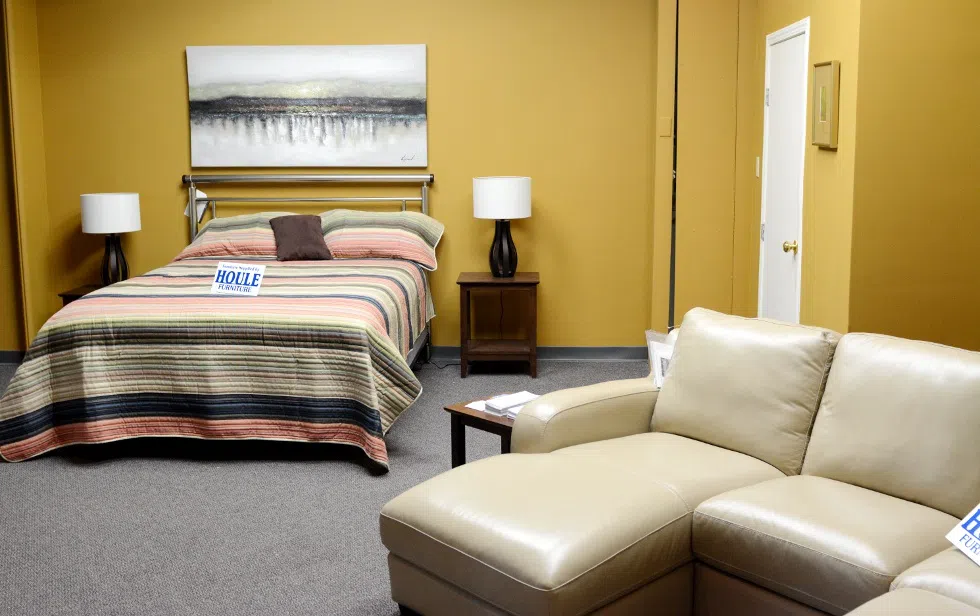
End-of-life care efforts ramp up in Prince Albert
A group dedicated to helping people with terminal medical conditions die peacefully is stepping up its efforts to build Saskatchewan’s first standalone hospice.
A Thursday ribbon-cutting for Rose Garden Hospice Incorporated’s new development office is a sign of that effort.
The hospice board’s chair Marge Jurgens explained hospitals, especially Prince Albert’s, are often over capacity. On top of the “crunch for beds,” she added terminally ill people face different circumstances than most in hospital.
“The hospital environment is meant for acute care, meant as a focus to heal and improve health. A hospice’s theme is to provide a peaceful, relaxed environment for those who are in the terminal stages of an illness.”


